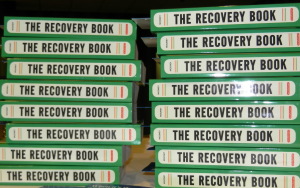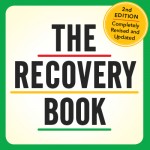My Recovery | Frank: Staying Sober on Campus
College campuses can be minefields for recovering drinkers and drug users. Many of them are as well known for partying as for scholarship. Frank B. dodged that bullet when he registered at Georgia Southern University. With support from the Willingway Foundation, Georgia Southern opened a Center for Addiction Recovery, a program that serves the needs of students in recovery. It is one of a growing number of colleges where students in recovery can find a “safe harbor.” Here’s what Frank experienced.
I had quite a few concerns about transitioning from a halfway house into college. The main one was the fear of losing my newfound sobriety in an environment where a lot of students were probably there as much for a good time as for an education. I worried, too, that there’d be a stigma on campus to enrolling specifically in the university’s Center for Addiction Recovery (CAR). Good news. … Read more...



